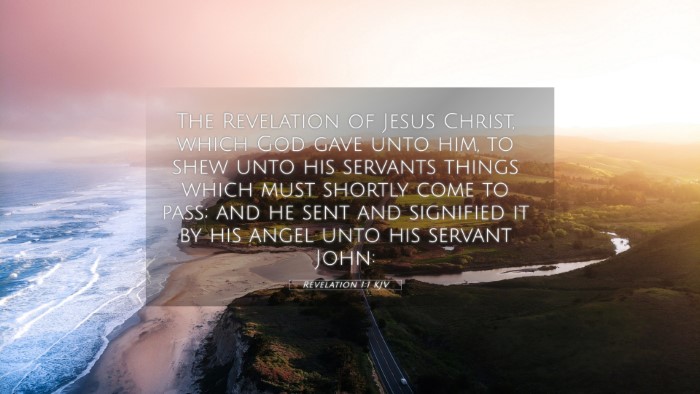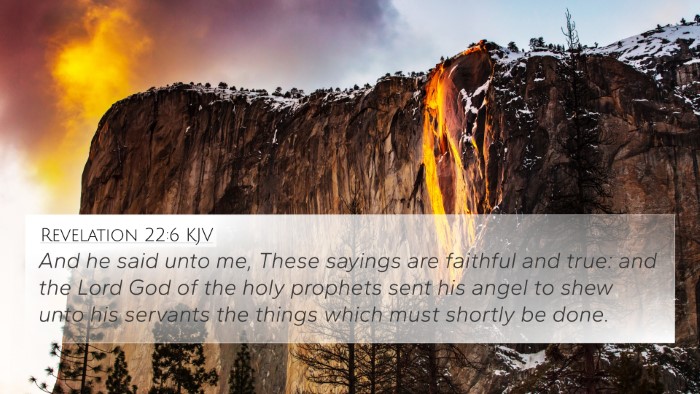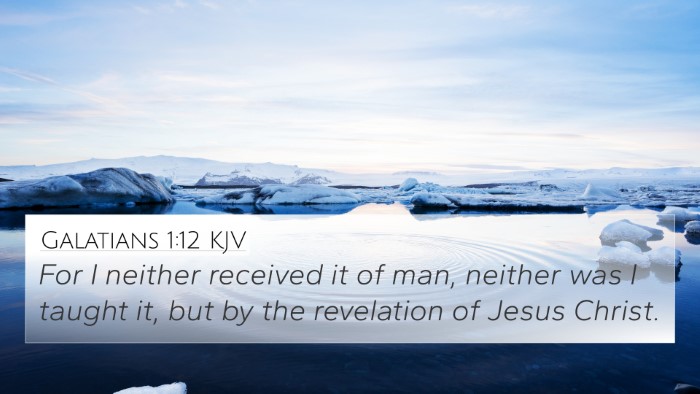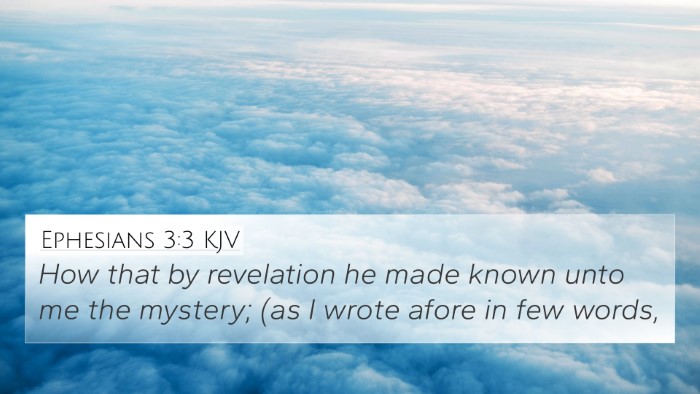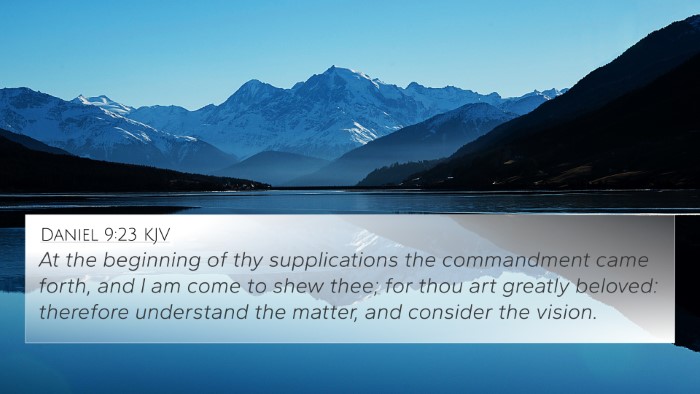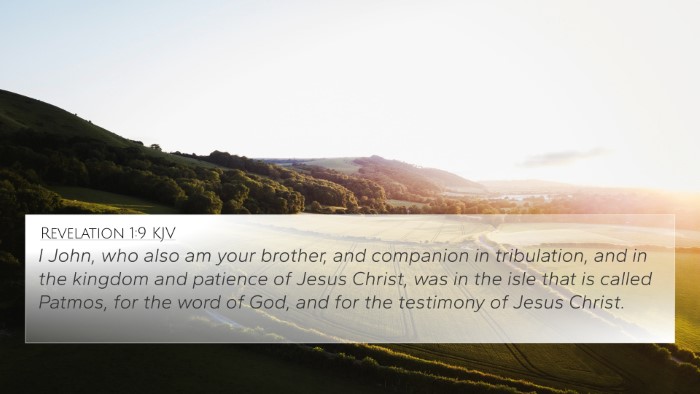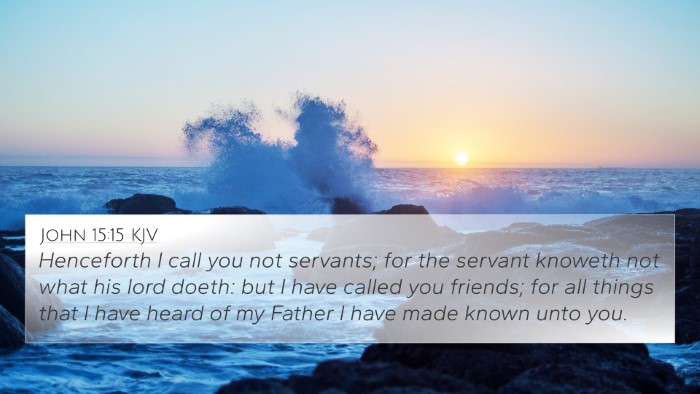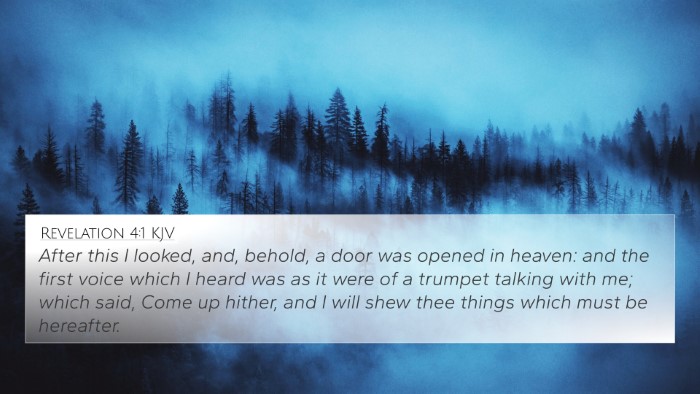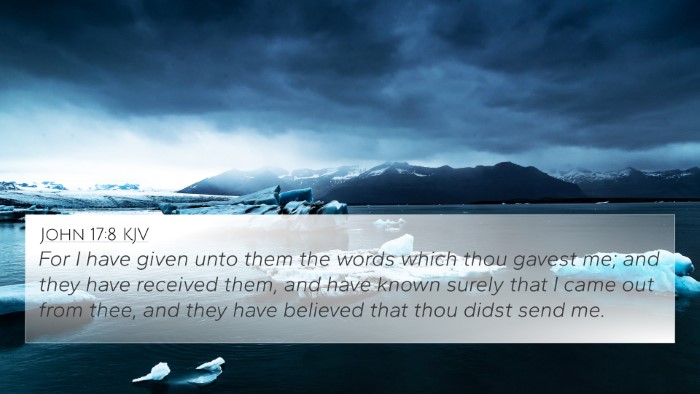Meaning and Interpretation of Revelation 1:1
Revelation 1:1 states: "The revelation of Jesus Christ, which God gave unto him, to show unto his servants things which must shortly come to pass; and he sent and signified it by his angel unto his servant John:" This verse serves as the prologue to the Book of Revelation, introducing the primary themes and the divine nature of the revelation that follows.
Overview of Revelation 1:1
The verse establishes that the revelation is not merely a human invention but comes directly from God, demonstrating His authority. It highlights key elements such as the identity of the revealer, the purpose of the message, and the method of communication. The unfolding of future events intended for God's servants underscores the urgency of the message.
Commentary Insights
-
Matthew Henry's Commentary:
Henry emphasizes the divine origin of the revelation, pointing out that it reveals Jesus Christ's glory and is aimed at helping believers prepare for the events to come. He notes that it is intended for the "servants," suggesting that the message is for all who serve Christ and are willing to receive His teachings.
-
Albert Barnes' Notes:
Barnes elaborates on the term "revelation," indicating that it involves the unveiling of hidden truths. He stresses that this revelation encompasses events of great significance and urgency. The role of John, as the recipient of the message, connects to the idea of prophetic writing and divine inspiration, which guides the faithful.
-
Adam Clarke's Commentary:
Clarke discusses the angelic mediation in conveying the revelation, highlighting the ceremonial nature of its transmission. He points out that the message is not only for present servants but also for future generations, emphasizing the timelessness of God's Word.
Thematic Connections
Revelation 1:1 connects with several key themes throughout Scripture, making it an integral part of the biblical narrative. Its focus on revelation links it to themes in both the Old and New Testaments. The following connections provide deeper insight:
-
Cross-reference 1:
Daniel 2:28-30 - Daniel speaks of God revealing truths about the future to His servants.
-
Cross-reference 2:
Luke 1:70-72 - Zechariah praises God for fulfilling promises made through past prophets.
-
Cross-reference 3:
John 16:12-13 - Jesus promises that the Spirit will guide believers into all truth.
-
Cross-reference 4:
1 Peter 1:10-12 - Prophets searched their own revelations for understanding regarding Christ's coming.
-
Cross-reference 5:
Acts 10:46-47 - Peter recognizes the Holy Spirit's revelation to Gentiles, showing the unfolding of God's plan.
-
Cross-reference 6:
Revelation 22:6-7 - The concluding affirmation that God's revelations are trustworthy, signified by an angel.
-
Cross-reference 7:
Hebrews 1:1-2 - God speaks through His Son in these last days, resonating with the theme of revelation.
-
Cross-reference 8:
Matthew 24:25 - Jesus warns about false prophets, emphasizing the need for genuine revelation.
-
Cross-reference 9:
2 Corinthians 12:1-7 - Paul discusses visions and revelations, adding depth to the understanding of witness.
-
Cross-reference 10:
Isaiah 53:10-12 - The prophecy concerning the suffering servant illuminates the scope of divine revelation.
Understanding Revelation Through Cross-Referencing
The practice of cross-referencing Biblical texts is essential for comprehensively understanding Revelation 1:1. By identifying connections between various scriptures, believers can gain a rich, layered understanding of God's messages throughout the Bible.
Tools for Bible cross-referencing include various Bible concordances and Bible cross-reference guides. These resources are invaluable, especially for those engaging in cross-reference Bible study or looking to deepen their understanding of specific themes.
Practical Application
For those seeking to understand the connections between Bible verses, it is important to consider the Bible reference resources available. Identifying links can inform us about both the immediate context of verses and their wider theological implications.
As believers approach Revelation 1:1, they should consider the inter-Biblical dialogue that informs their interpretation, equipping them with insights that enhance their faith and understanding of Holy Scripture.
Conclusion
Revelation 1:1 invites readers into a profound understanding of God's revelation and His continued communication with humanity. By employing strategies for comparative Bible verse analysis and embracing thematic Bible verse connections, individuals can uncover the depth of understanding that lies within this crucial text. This approach encourages exploration and interpretation throughout Scripture, fostering a deeper appreciation for the divine message contained within the Bible.

